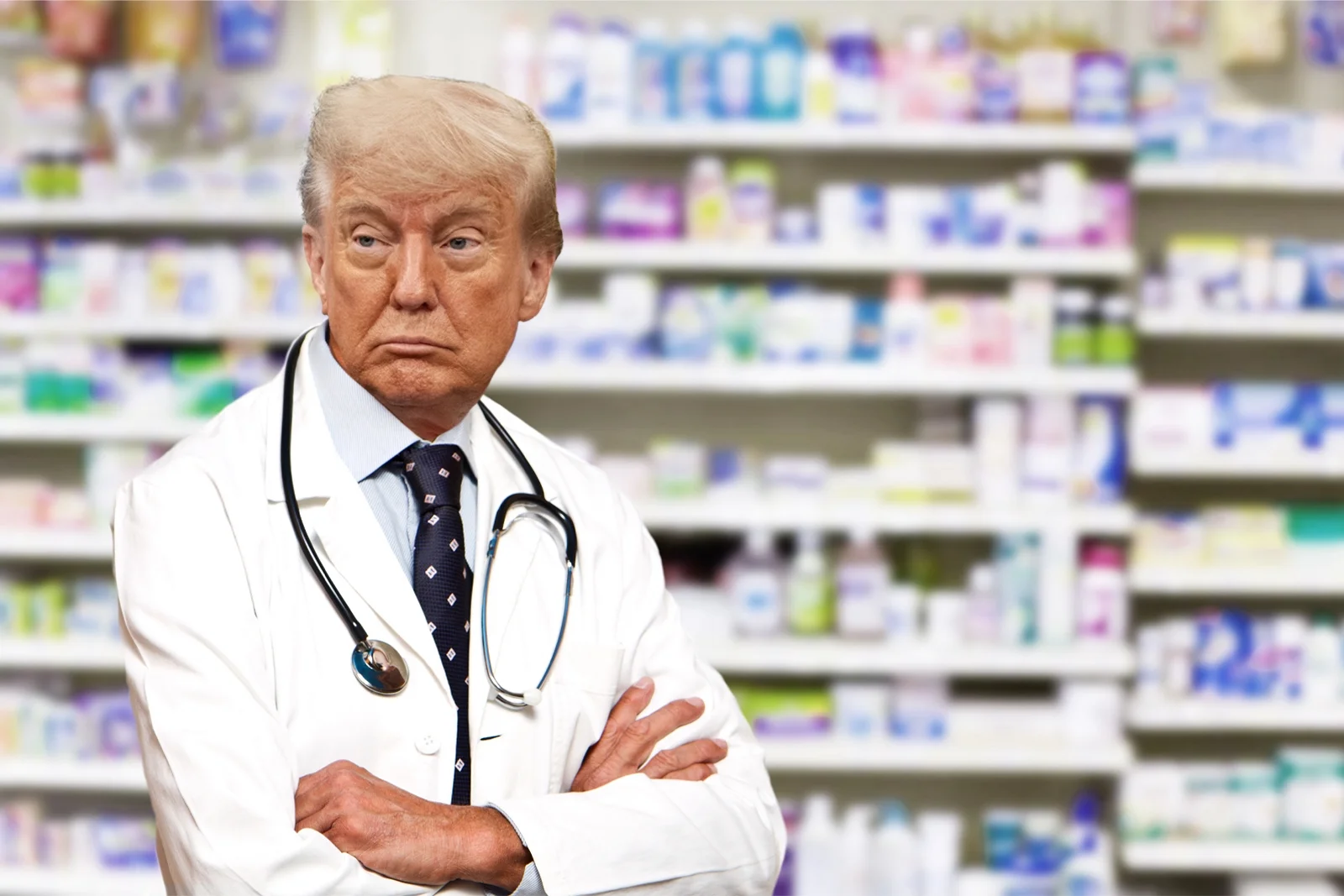
Health
A Democrat for Trump’s Drug Policy: Why MFN Is the Right Leverage
I’m a lifelong Democrat. On most issues, I’m on the other side of President Trump’s policy agenda. But on the urgent question of prescription drug costs, I’m with the president.
Americans pay the highest prices in the world for medicines. That’s not an accident; it’s a business model. Pharmaceutical companies routinely charge U.S. patients far more than they charge abroad, offering steep discounts to other countries while treating the American market as a profit center. President Trump’s Most Favored Nations (MFN) policy aims squarely at that asymmetry, promising Americans the lowest global price for the same medication.
The industry’s scientific breakthroughs are real—and often life-altering. But those advances have come with a punishing bill. The United States has less than 5% of the world’s population, yet it accounts for nearly 75% of global pharmaceutical profits. A medication that sells for $12 in Canada can cost $98 here. Humira, a standard-bearer of high prices, runs between $4,000 and $7,300 a month in the U.S., while patients in the Netherlands pay as little as $780. That gap isn’t a rounding error; it’s a policy failure.
The MFN executive order, signed in May, confronts the gap directly. It would ensure U.S. patients are charged no more than peer nations pay for the same drugs. The Centers for Medicare and Medicaid Services estimates the policy could cut prices by 30% to 80% and save Americans more than $85 billion over seven years. It’s a simple principle—price parity—applied to a complex market. And it’s exactly the kind of correction the American public needs.
The White House has paired the order with visible pressure. Just last month, President Trump publicly called on 17 of the largest manufacturers to lower prices—an unusual and, frankly, overdue use of the bully pulpit. That kind of political torque, applied consistently, can break the stalemate that has kept U.S. prices artificially high for years.
MFN is more than a health-care tweak. It’s a strategic reset of America’s role in global health governance. Price parity would keep the United States at the center of pharmaceutical innovation while distributing the costs of drug development more fairly across wealthy economies. In other words, we can defend the engine of medical discovery without treating American patients as the world’s ATM.
Of course, execution matters. A well-designed MFN regime will require coordination with allies to prevent costs from being shuffled from one market to another or innovation from being inadvertently chilled. The objective is not to undercut research; it’s to end the practice of charging U.S. patients a premium simply because the market will bear it. That balance—between fair pricing and robust discovery—should be the policy north star.
The industry’s response has been to change the subject. Rather than account for their pricing, drugmakers have poured tens of millions into a campaign to blame pharmacy benefit managers (PBMs)—the intermediaries that negotiate discounts for employers, insurers, and patients. Since 2023, Big Pharma has spent at least $20 million on advertising and public relations to paint PBMs as the culprits and divert attention from list prices and launch prices.
That’s misdirection. PBMs save the system roughly $148 billion a year and reduce patients’ annual costs by more than $1,000 on average. Even a former Novo Nordisk CEO has acknowledged that PBMs push down net prices—hardly the behavior of a cartel bent on making drugs more expensive. PBMs are far from perfect; no actor in this supply chain is. But they function as a counterweight at the negotiating table. That is precisely why they are being scapegoated.
Some elected officials have taken the bait—or are helping to set it. In Arkansas, Governor Sarah Huckabee Sanders signed a measure barring PBMs from owning pharmacies, a move marketed as consumer-friendly. In practice, it threatened to shutter more than 20 pharmacies serving some 340,000 Arkansans before a federal court, citing the Commerce Clause and the risk of irreparable harm, stepped in to block the law.
On Capitol Hill, the PBM Reform Act—sponsored by Rep. Buddy Carter of Georgia and Rep. Diana Harshbarger of Tennessee—echoes industry talking points and would hamstring PBMs’ ability to negotiate. It is not incidental that both lawmakers rank among Congress’s top recipients of pharmaceutical dollars in the last cycle, with Carter taking in $245,000 and Harshbarger more than $100,000.
Let’s be clear: Eliminating or weakening PBMs won’t lower prices. It would remove one of the few institutional checks on manufacturers’ power to set them. If PBMs were sidelined, drugmakers would not voluntarily charge less; they would have even less reason to restrain list prices. The industry wants a market with no real opposition, no hard bargaining, and minimal accountability.
MFN, by contrast, targets the core problem: the ability of drugmakers to charge whatever they can extract from the U.S. market while discounting abroad. Enforcing price parity would give American patients the same leverage other wealthy countries already enjoy. It would inject long-overdue discipline into a market that has priced too many people out of the therapies they need.
That is the choice before our leaders. They can keep playing along with the blame-PBMs charade while prices and profits march upward. Or they can stand with President Trump on MFN and force a fair deal for Americans. I don’t often find myself aligned with this White House. On this issue, I am—and for good reason. MFN is a clear, workable path to lower prices. What’s needed now isn’t another task force or another study. It’s the political will to back the policy and see it through.
